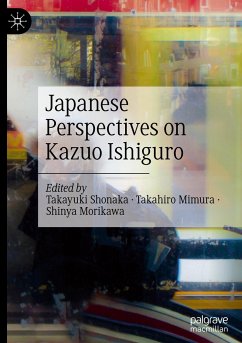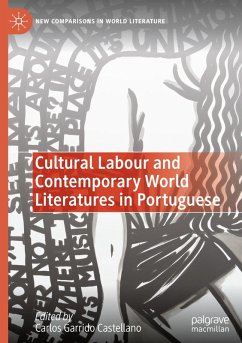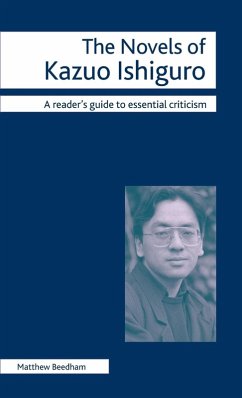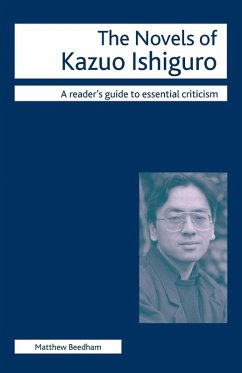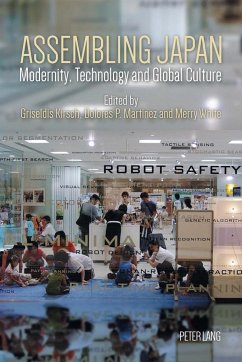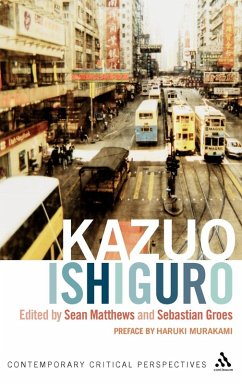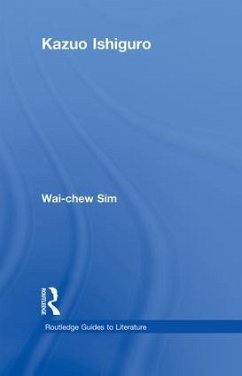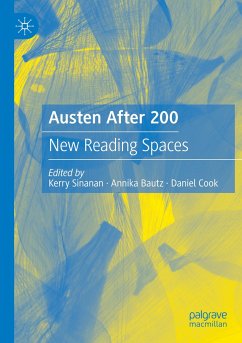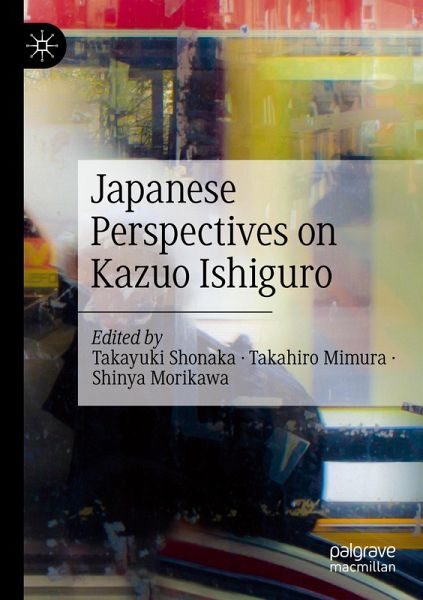
Japanese Perspectives on Kazuo Ishiguro
Versandkostenfrei!
Versandfertig in 6-10 Tagen
106,99 €
inkl. MwSt.

PAYBACK Punkte
53 °P sammeln!
This collection of essays offers new perspectives from Japan on Nobel Prize-winning author Kazuo Ishiguro. It analyses the Japanese-born British author from the vantage point of his birthplace, showing how Ishiguro remains greatly indebted to Japanese culture and sensibilities. The influence of Japanese literature and film is evident in Ishiguro's early novels as he deals with the problem of the atomic bomb and Japan's war responsibility, yet his later works also engage with folk tales and the modern popular culture of Japan. The chapters consider a range of Japanese influences on Ishiguro and...
This collection of essays offers new perspectives from Japan on Nobel Prize-winning author Kazuo Ishiguro. It analyses the Japanese-born British author from the vantage point of his birthplace, showing how Ishiguro remains greatly indebted to Japanese culture and sensibilities. The influence of Japanese literature and film is evident in Ishiguro's early novels as he deals with the problem of the atomic bomb and Japan's war responsibility, yet his later works also engage with folk tales and the modern popular culture of Japan. The chapters consider a range of Japanese influences on Ishiguro and adaptations of Ishiguro's work, including literary, cinematic and animated representations. The book makes use of newly archived drafts of Ishiguro's manuscripts at the Harry Ransom Center at the University of Texas to explore the origins of his oeuvre. It also offers sharp, new examinations of Ishiguro's work in relation to memory studies, especially in relation to Japan.



